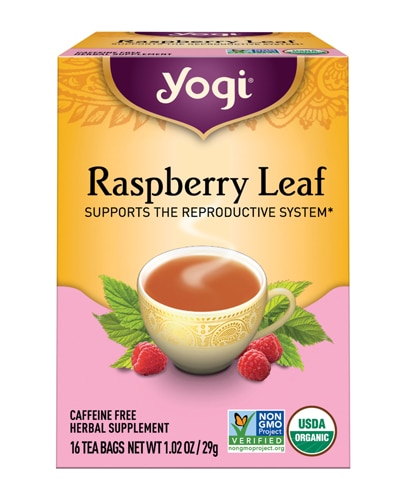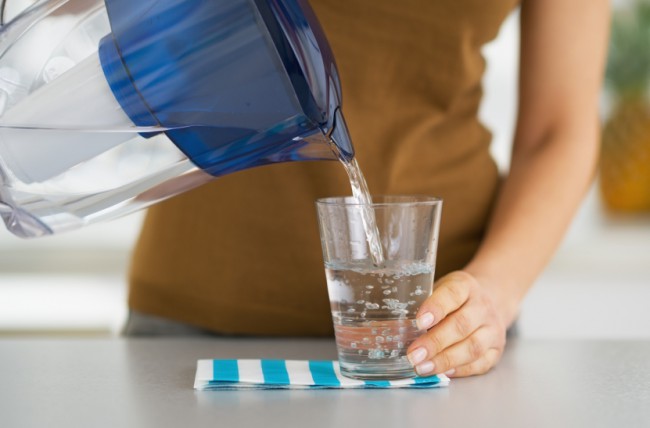What’s wet, has zero calories and propels every single body function? You guessed it: water. This simple substance is the most important thing you put in your body each day. Without it, you’d shrivel up, slow down and eventually die.
Luckily, long before you’d ever reach that dangerous point of extreme dehydration, you’d get thirsty, which is the body’s natural way of telling you to drink up. But this doesn’t mean drinking too little water won’t hurt you. Research shows that even mild dehydration (the stage before thirst kicks in—usually at about a 1 to 2 percent loss in body weight, experts say) can hinder everything from cognition to mental focus to mood.
A study published in The Journal of Nutrition in February 2012 found that physically fit women experienced a dip in mood and increased perception of exertion following exercise-induced dehydration of around 1.5 percent. The participants also had greater difficulty concentrating on a cognitive exam taken immediately post-exercise than a control group that completed the same workout but stayed hydrated. Although cognitive performance remained relatively unaffected in both groups of women, a similar trial conducted on men, published in the November 2011 issue of British Journal of Nutrition, showed that mild dehydration impaired cognition as well as mood.
Exactly how and why mild dehydration impacts mental function and emotion is still unknown, because scientists aren’t entirely sure where in the brain particular thought processes occur, says Lawrence Armstrong, PhD, professor of environmental and exercise physiology at the University of Connecticut, who coauthored both studies. But they have a hunch: “Theoretically, it’s because the hypothalamus [in the brain], which detects dehydration, is co-located with many other physiological functions,” he says.
How much should you drink?
Although the women and men in these studies walked on treadmills and were denied fluids to induce dehydration, experts say it’s very possible to reach the 1.5 percent mark during day-to-day activity if you don’t drink enough water.
So how much should you sip to stay hydrated? “I recommend a minimum of two liters per day, which is about eight 8-ounce glasses,” Armstrong says. “However, the amount you need really depends on turnover, meaning how much you consume compared to how much you expend. Each person is different, and we turn over at different rates on different days since we don’t eat exactly the same foods or exercise the same amount every day.”
Armstrong suggests crafting an individualized hydration plan by weighing yourself daily. “Comparing body weight taken on consecutive days lets you identify your baseline,” he says. “Then if your weight decreases one day [and you’re not dieting], it likely means you’re dehydrated and should drink water.” Monitoring your urine color can also help. “If urine is pale yellow or clear, you’re well hydrated; if it’s dark, consume more fluids,” Armstrong says.
Although tea, juices and other water-containing liquids do help hydrate, Armstrong says straight H2O is best. “You can’t miss with water, because the body doesn’t have to process sugars, salt and other substances,” he says. While sodium does help the body retain more fluid, Armstrong says most people already get plenty of salt from their diets.
Check the source
It pays to be diligent about where you get your daily two liters, since many public health experts caution against guzzling water straight from the tap. According to the U.S. Geological Survey, well water can contain a host of unfriendly microorganisms and fertilizers leached from the land. Even municipal tap water, although subject to the Environmental Protection Agency’s National Primary Drinking Water Regulations, can carry dangerous contaminants ranging from bacteria to cleansing chemicals to lead.
“Some of the most common tap water contaminants are disinfection byproducts associated with DNA damage and elevated cancer risk,” says LeeAnn Brown, spokeswoman for the Environmental Working Group (EWG), an independent public-health research organization. “Nitrate, a component of fertilizer in agriculture, is also prevalent.”
Store-bought bottled waters may not be much safer, according to EWG research. “With bottled water, you're never certain what you're getting, because manufacturers aren’t required to disclose quality-testing results,” Brown says. “According to our January 2011 report, 18 percent of bottled waters failed to list the location of their source, and 32 percent disclosed nothing about water treatment or purity.”
To reduce exposure to health-harming contaminants, the EWG recommends filtering your tap water with a purification system. Options range from under-the-sink apparatuses to easy-pour pitchers. To determine the best water filter for your home, first find out what’s coming through your faucet. “Tap water suppliers are required to disclose the contaminants in their water,” Brown says. Once you’ve identified which impurities are present, she suggests sifting through the myriad filters described in the EWG’s “Guide to Picking a Water Filter.”




